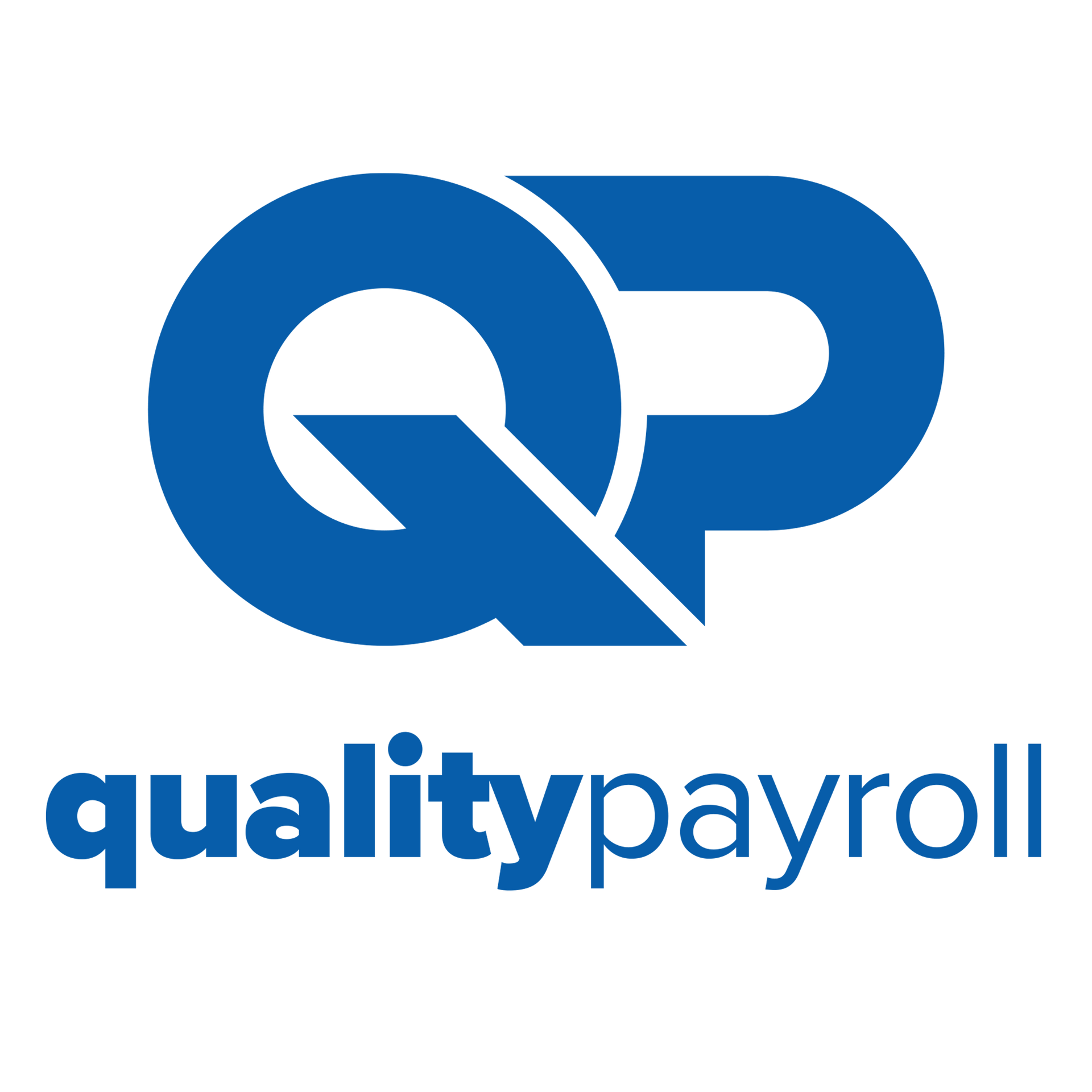March 12, 2025
Payroll has come a long way from meticulous spreadsheets and manual data entry. As software innovations accelerate, even small businesses can move toward automated tools that streamline much of their financial management, effectively reducing stress and increasing accuracy. Because the day-to-day tasks of running a company can be overwhelming, many owners look to new technologies to simplify how they pay employees, calculate taxes, and track vacation days. These trends are fundamentally reshaping how payroll is processed and managed, and understanding them may give your business a competitive edge—saving time, fostering compliance, and promoting efficiency. The Rise of Automated Payroll Systems Automated payroll systems have taken center stage by removing many of the tedious manual steps associated with compensating employees. Rather than sifting through time cards, paper ledgers, and complex formulas, business owners can now rely on software that maintains records, calculates salaries, and processes tax withholdings. Data from GoCordless indicates that companies implementing automated platforms can reduce payroll processing errors, which is especially significant for small businesses where every penny counts. Modern payroll solutions often integrate with other critical systems, such as accounting software, making it simpler to generate real-time insights. For instance, you can see labor expenses alongside revenue projections, facilitating quick yet informed financial decisions. Automated solutions can also handle direct deposits, drastically reducing paperwork and postage costs while accelerating the speed at which employees receive their pay. The Flexibility of Mobile Apps and Cloud-Based Solutions Technology has not only made payroll more accurate but also more mobile and accessible. Cloud-based platforms deliver benefits far beyond merely accessing a web browser for your payroll tasks. Many providers offer mobile apps that let you review, edit, and approve timecards wherever you are. This convenience supports small business owners who might otherwise be tied to a desk and provides instantaneous updates for team members operating in different locations. Small to mid-sized businesses are increasingly adopting cloud solutions for human resource functions like payroll. Some reasons include simplified updates—where the vendor ensures the platform is current with changing tax laws—and built-in data security that often meets or exceeds traditional on-site server protection. Embracing the cloud brings an added layer of agility, empowering you to adapt to staffing changes, new tax rules, or expansions into other states without overhauling your entire payroll foundation. Choosing the Right Software Package Selecting the most suitable payroll software can feel daunting with so many products on the market. Some options cater specifically to startups with only a handful of employees, while others target larger enterprises with hundreds on the payroll. To narrow your choices, it helps to first map out your business requirements. If you manage a remote workforce, you want an interface that can handle varying time zones. If you foresee a quick hiring trajectory, look for packages that scale easily in terms of user capacity and features. It is equally worthwhile to consider how the payroll solution will integrate with your current technology stack. A seamless connection with your bookkeeping or point-of-sale systems reduces data duplication and the risk of errors. Additionally, look for a vendor that provides robust customer support and clear documentation; even a minor glitch can become a major hassle if you are unable to resolve it promptly. The software’s user experience also matters—intuitive dashboards and simple navigation let you or your HR staff process payroll confidently without extensive technical expertise. The Emergence of Artificial Intelligence in Payroll Artificial intelligence (AI) has already made an impact on customer service (think chatbots) and logistics (consider automated routing), and it’s now inching into payroll territory as well. While full-scale AI adoption in payroll remains in its early stages, certain systems already use smart algorithms to detect anomalies, such as unusual spikes in overtime or incorrect tax withholdings. Early identification of such irregularities can lower the likelihood of costly compliance penalties. AI-driven software also refines forecasting capabilities by analyzing data points across employee attendance, seasonal trends, and past payroll expenses. This technology allows businesses to anticipate workforce costs more effectively, which is particularly useful for companies with cyclical demands. According to an article in Science Direct , entrepreneurs who employ AI-driven analytics often see better budget planning and gain insights into staff allocation. As the technology matures, we can expect even more sophisticated AI features to automate aspects of payroll currently requiring manual oversight, such as benefits reconciliation and customized wage structures for different job roles. Making the Transition to Modern Payroll With many options available, it’s easy to feel hesitant about transitioning to an automated or AI-driven payroll system. The rewards, however, can be substantial if you approach the process methodically. Begin with a thorough review of your existing payroll workflow—identify bottlenecks where manual processes slow productivity or create inaccuracies. Consult with stakeholders, including any external accountants or HR professionals, to define a realistic wish list of features. Before committing to a vendor, confirm that their solution aligns with compliance rules in your region. Laws vary, and fines can be steep if you fail to calculate taxes correctly. If you’re scaling up, look for flexible software that increases capacity without requiring a complete system overhaul. Run pilot tests with a small group of employees to evaluate whether the platform performs smoothly. Once you’re satisfied, confirm your go-live date, train your staff, and encourage employees to explore any self-service features for tasks like updating direct deposit information. Benefits in Accuracy and Time Savings The most obvious advantages to adopting advanced payroll technology revolve around quick, accurate payment processing. When payroll runs like clockwork, you build trust with employees who appreciate receiving consistent paychecks, free from any last-minute adjustments. Accurate record-keeping also reduces the headache of reconciling any year-end tax documentation, giving you and your financial team more time for strategic planning. Being able to finalize payroll with minimal manual intervention is a game-changer for small to mid-sized businesses. Time previously spent on data entry and calculating withholdings might now be freed up for other tasks, such as marketing campaigns or product development. Some businesses find that automation can save several hours per pay period, translating into tangible resource gains throughout the fiscal year. Transforming Your Business With Next-Generation Payroll Solutions As the landscape of payroll technology expands, forward-thinking businesses stand to benefit from unparalleled efficiency, enhanced precision, and a renewed focus on growth. Embracing solutions that incorporate automation, mobile access, and AI can free you from time-consuming, repetitive tasks. The end result goes beyond running payroll faster—you will likely notice that the operational clarity afforded by modern tools fosters smarter decision-making across your entire organization. If you are interested in implementing cutting-edge payroll technologies for your business or want customized advice on transitioning to a new platform, visit our contact page at Quality Payroll & Benefits. We’re here to guide you at every step, from evaluating your current workflow to selecting the right software that aligns with your unique needs. Feel free to explore more about our services on the Quality Payroll & Benefits website and discover how advanced payroll solutions can streamline your operations for long-term success.










